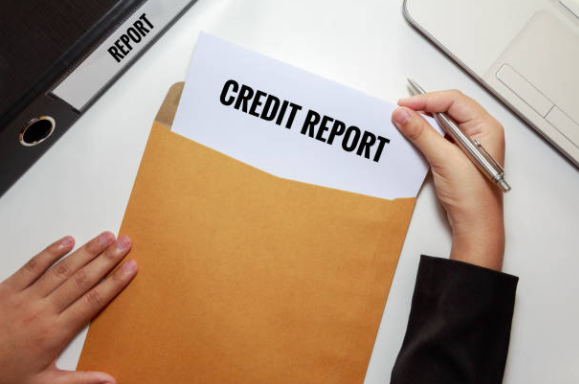9 Credit Bureau Myths That Keep You Awake at Night

What’s the first thing that comes to mind when you think of the credit bureau? To be honest, we’ve heard a lot of good and bad things about being in the bureau. But how true are they?
This article provides information on myths and facts about the credit bureau.
1) Being in bureau means that you are a debtor
In reality, everyone who has ever had credit is in the bureau. It doesn’t matter if you have made your payments on time or not, it is certain that bureaus will have your information.
2) If you pay your debt then you are removed from bureau
You must keep in mind that even if you pay off a debt, your credit information will remain visible for minimum 3 years from the last update made by the lender, this will depend on the amount of the debt and the country you live in.
3) Being in bureau prevents you from being granted new loans
This is one of the strongest credit bureau myths. However, this will depend a lot on the institution where you apply for credit.
There are institutions such as traditional banks that grant you credit based on your credit history. But there are also institutions that grant you credit regardless of whether your credit history is good or bad, so don’t worry! All is not lost.
4) Any institution can consult your credit bureau without your consent
Don’t worry! Only you and the credit institutions you authorize can consult your credit history. Also, you must keep in mind that bureaus are regulated by country’s regulatory body, which oversees the protection of your personal data.
5) You can check your credit history only once a year
Don’t be fooled! You can check your credit history as many times as you want. You should only consider that you have a FREE consultation every 12 months.
In case you want to consult it more than once, the cost of each consultation will increase. This will depend on the where you take the consultation.
6) All your financial products will always appear in your credit history
Each credit lender has the power to decide in which bureau it will report the behavior of its consumers. So don’t let them catch you by surprise!
In these institutions you can find information about your financial products such as credit cards, car loans, mortgages or any service such as telephone, pay TV or electricity.
Be careful! If you consult your credit history in more than 1 institution, they will not necessarily show you the same products, as they may be complementary.
7) No law regulates credit bureaus
This is another of the biggest credit bureau myths. However, every country has its own institution in charge of overseeing credit bureaus.
8) Being in a credit bureau increases the risk of identity theft
Don’t panic! While it is true that the SICs manage sensitive information, remember that these institutions are regulated higher institutions. And if this is not enough for you, you currently have the possibility of contracting a product that will allow you to block your credit history. You decide when and who will be able to access it!
But as they say, not all that glitters is gold. This product can cost additional money and remember that if you do not allow any credit grantor to have access to your information, it will be more difficult for them to grant you new loans.
9) Credit history is updated daily
In reality, your credit history is updated once a month, and with each update the credit grantor shares the latest updates, as well as your payment behavior.
Say goodbye to these credit bureau myths! Having a healthy details in the bureau will help you have a stress-free life and with greater possibilities of obtaining great benefits such as improved interest rates, increased credit lines, cash rewards, interest-free months or $0 annuity. Remember, you are in control of your financial life.
Remember –
- Check your credit history frequently.
- Be on time with your payments and make sure you pay at least the minimum payment.
- Don’t apply for several loans at once.
- Apply only for the loans you really need. The more loans you have, the level of indebtedness increases.
- Be well informed when is the cut-off date and the payment deadline for each of your loans.
- Do not defer your debts for terms longer than one year.
Author Bio:
I am Nikesh Mehta, owner and writer of this site.

I’m an analytics and digital marketing professional and also love writing on finance and technology industry during my spare time. I’ve done online course in Financial Markets and Investment Strategy from Indian School of Business. I can be reached at nikeshmehta@allonmoney.com or LinkedIn profile.



